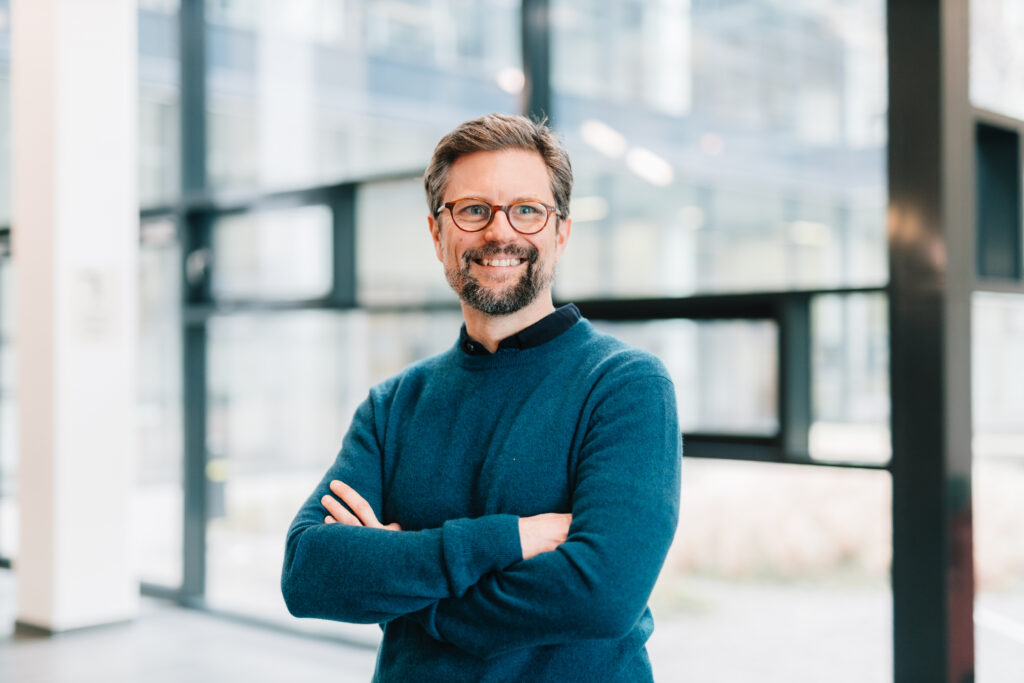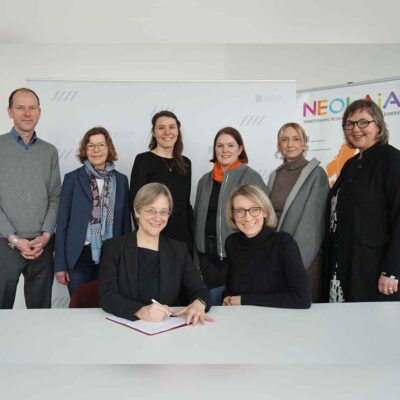Millions of contributions to discussions on topics such as refugees or trade agreements – debates on the internet are often difficult to gain an overview of. Intelligent systems that automatically analyse argumentative structures and present them clearly are intended to provide a remedy. From 5 to 7 June, Bielefeld University will host the first international conference on robust argumentation machines (Ratio-24). Researchers will present how arguments from huge amounts of text can be automatically analysed and how they use novel language models to do so.
In many areas, far-reaching decisions are made by weighing up arguments, whether in politics, medicine or science. However, the huge amounts of data that have accumulated online make it time-consuming to systematically identify and structure all relevant arguments. Since 2017, the the Germany-wide priority programme Ratio has been working on intelligent systems that can automatically analyse and clearly present argumentation structures. The programme is sponsored by the German Research Foundation and led by Bielefeld University.

© Michael Adamski
‘We want to grasp the core of arguments: Which premises lead to which conclusions? And how are different points of view related in terms of content?’ says computer scientist Professor Dr Philipp Cimiano from Bielefeld University, who is coordinating the programme. Instead of simple sentiment analyses, the systems should provide deeper insights into the argumentation.
The results can be used in a variety of ways – from analysing political debates and health issues to applications for authorities, journalism and science. ‘Our systems bring transparency to the analysis of large amounts of data. They show how we can use technology to improve mutual understanding,’ says Cimiano.
Automatic creation of ‘argumentation maps’
Concrete results of the priority programme include search engines for arguments and intelligent assistants that support users in their search for good arguments for or against issues. Tools have also been developed that summarise online debates and present the central arguments as well as narratives, perspectives and framings of different groups. This includes the creation of ‘argumentation maps’ for online debates. They visualise the ideological directions from which the various points of view are represented and the argumentation patterns and means used.
‘In future, these tools could help us to react to debates or resistance to the introduction of laws and guidelines at an early stage,’ says Cimiano.
Focus on large language models
At the conference in the CITEC building at Bielefeld University, researchers will present developments on how computers can automatically extract arguments from texts and social media. Other contributions will deal with computational linguistic methods used to determine the quality and effectiveness of arguments.
Researchers are now also using large language models such as ChatGPT to automatically analyse arguments. They are used in many of the studies and sub-projects of the Ratio priority programme presented at the conference.
Well-known guest speakers will address the opportunities and challenges of argumentation machines at the conference:
- Professor Elena Cabrio PhD from the Université Côte d’Azur talks about how such systems can be used for decision-making processes in medicine and politics.
- Professor Dr Henning Wachsmuth from Leibniz Universität Hannover will talk about the influence of large language models on argumentation analysis.
- Dr Yufang Hou from IBM Research Ireland will present methods that can be used to make scientific documents accessible.
60 researchers are taking part in the conference. Most of them come from the fields of computer science, human-machine interaction and computational linguistics, as well as political science. Medical and natural scientists were involved in many of the projects ending dates that will be presented at the conference.
Regulation as a challenge
Some of the work in the priority programme has shown that arguments can be automatically generated for specific target groups. This can lead to public opinion being increasingly manipulated with the support of artificial intelligence (AI). ‘Legislators around the world need to restrict the use of AI for manipulative purposes,’ says Cimiano.
The results of the priority programme can be applied to many use cases. Public policy, which includes government measures to solve social problems, is important. The new methods can be used to recognise social trends at an early stage and assess whether government interventions would meet with approval. The new technology can also be used to summarise key scientific hypotheses and arguments in view of the growing number of publications worldwide – a significant help for researchers, for example in computer science or the humanities.
[Translation generated with automated support]




